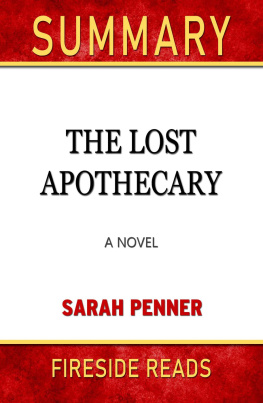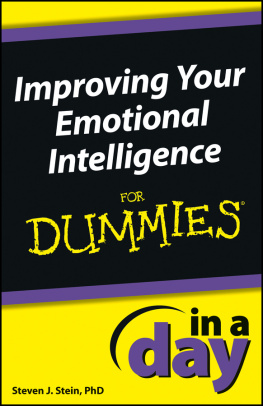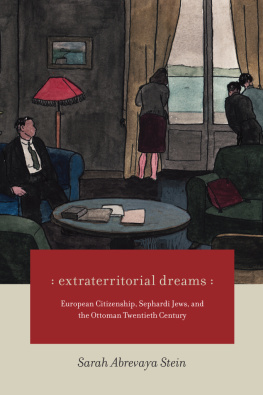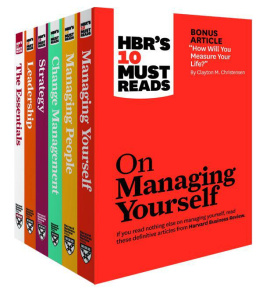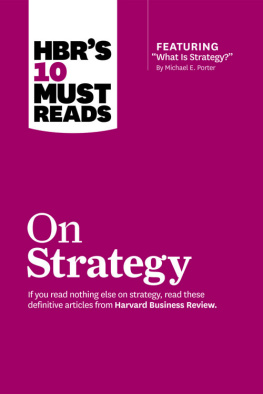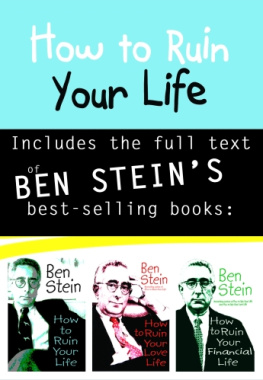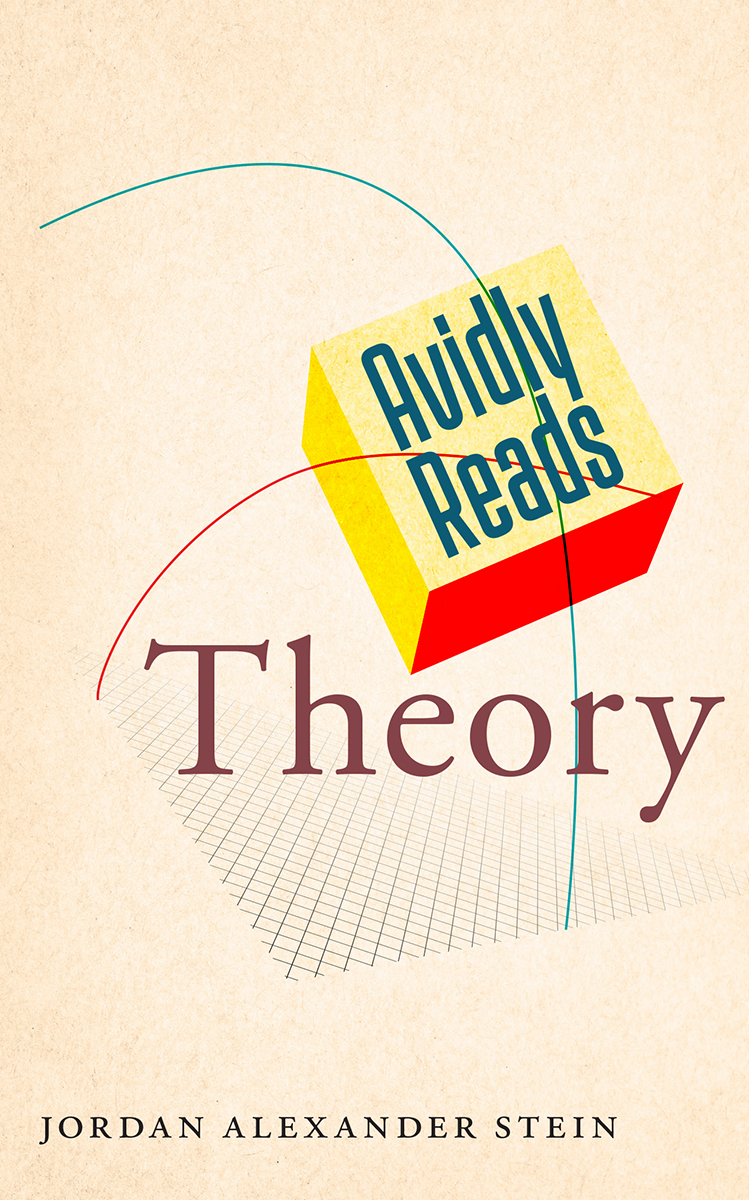
Avidly Reads Theory
Avidly Reads
General Editors: Sarah Mesle and Sarah Blackwood
The Avidly Reads series presents brief books about how culture makes us feel. We invite readers and writers to indulge feelingsand to tell their storiesin the idiom that distinguishes the best conversations about culture.
Avidly Reads Theory
Jordan Alexander Stein
Avidly Reads Making Out
Kathryn Bond Stockton
Avidly Reads Board Games
Eric Thurm
Avidly Reads Theory
Jordan Alexander Stein

NEW YORK UNIVERSITY PRESS
New York
NEW YORK UNIVERSITY PRESS
New York
www.nyupress.org
2019 by New York University
All rights reserved
References to Internet websites (URLs) were accurate at the time of writing. Neither the author nor New York University Press is responsible for URLs that may have expired or changed since the manuscript was prepared.
Library of Congress Cataloging-in-Publication Data
Names: Stein, Jordan Alexander, author.
Title: Avidly reads theory / Jordan Alexander Stein.
Description: New York : New York University Press, [2019] | Series: Avidly reads | Includes bibliographical references and index.
Identifiers: LCCN 2019006920| ISBN 9781479827398 (hbk : alk. paper) | ISBN 9781479801008 (pbk : alk. paper)
Subjects: LCSH: Theory (Philosophy) | Culture.
Classification: LCC B842 .S73 2019 | DDC 140dc23
LC record available at https://lccn.loc.gov/2019006920
New York University Press books are printed on acid-free paper, and their binding materials are chosen for strength and durability. We strive to use environmentally responsible suppliers and materials to the greatest extent possible in publishing our books.
Manufactured in the United States of America
10 9 8 7 6 5 4 3 2 1
Also available as an ebook
For Sarah and Sarah
Theory is always a detour on the way to something more important.
Stuart Hall

Contents
Few things capture the tenor of my bookish youth better than Feminist Ryan Gosling. This celebrated meme (first on Tumblr, later collected into a book), created by University of Wisconsin graduate student Danielle Henderson, features dashing photos of the Canadian actor captioned by insights from academic feminist theory. When Feminist Ryan Gosling, frocked in a light-blue, collared shirt, looked softly back through my computer screen one spring day in 2011 to say, Hey Girl. Just thinking about Chandra Mohantys theory that Western feminism problematically constructs the Third World woman as the pejorative other and the discursive colonial habits that keep women oppressed, I saw nothing so much as myself in 1998. And, Reader, it is not because I look like Ryan Gosling.
The theory that animates this meme also animated my college days. Back then theory was the name for an identity: an idea of how to be, a way to live your life. We used the term also to refer to the idiom that expressed the identitytheory named a way of thinking and talking about language, power, and history, drawing on a canon of mostly European-educated scholars, philosophers, and psychoanalysts (or, as we called them all, theorists): the likes of Jacques Derrida, Michel Foucault, Roland Barthes, Julia Kristeva, and Jacques Lacan.
Both this idiom and this life plan gathered meaning from their use. Never mind what defined theory in any certain terms or what criteria distinguished a theorist from a mere philosopher or critic. What mattered to us was that mastering theorybeing, as the common sobriquet identified us, theory headswas a way of recognizing fellow pilgrims en route to the same promised land. Theorys singular idiolect gave my friends and me, in our youth, a springboard for thinking about whatever was to come after youth. Theory offered us a way of understanding the world that, like so many youthful exuberances, was equal parts vital and ridiculous. Verbose abstractions were things out of which we built concrete friendships. They fueled the experiments that we conducted with living and loving, eating and dreaming, doing and having.
I was studious enough in college eventually to become a professor myself, but studious didnt exactly mean serious. Rather, like Feminist Ryan Gosling, my college friends and I explored theory by yoking the serious to the silly, the obscure and the corny, the dense with the glib. We were cognizant that the world of perfect ideas shares an open border with the world of imperfect peoplethose who are impressed with their own cleverness, who meant to finish the reading between classes but maybe didnt get to it, or whose thinking isnt always motivated by whats above the neck. Sure, some people are interested in theory for the big ideas, the great learning, or the knowledge it promises; but like Feminist Ryan Gosling, my college friends and I were interested in theory for what we could do with it.
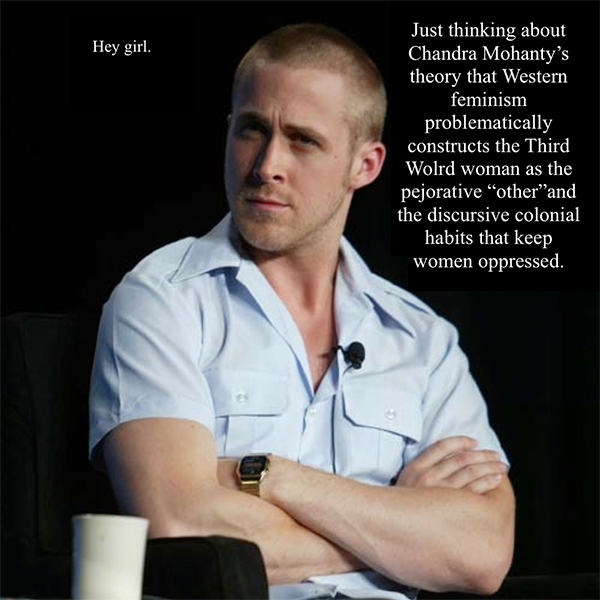
Me in 1998 (Courtesy http://feministryangosling.tumblr.com/)
The following chapters elaborate some episodes from my youthful engagements with theory. But as with so many memorable activities, those engagements move in a few directions at once: you go
***
While there could arguably be an infinite number of feelings associated with theory, the ones dilated upon in what follows are some of those I associate with what academics like to call disciplinethat is, with the experience of training for mastery in the terms and codes of a particular branch of knowledge. That process of discipline usually finds the energies that come with things like excitement, curiosity, and ambition in tension with those that come with other things like self-doubt, futility, and shame. It amounts, as Ill explain more in chapter 1, to a kind of thesis-antithesis narrative. For now, suffice it to say that though my contradictory feelings about theory owe a lot to my particular experiences (times, places, classes, teachers, lovers, friends, situations), the wager of this book is that similar feelingssimilar pleasures and frustrations, similar contradictionstend to crop up in experiences that are not mine at all.
Such, at least, is part of what we can see with Feminist Ryan Gosling. My college years were more than a decade gone when this meme first appeared, but the resonances between the way this meme and I attempted to project academic theory onto the world as we each found it support the idea that my feelings being disciplined by theory are far from unique. And while much of my initiation to theory happened at UC Santa Cruz, this particular locationand indeed many of the wonderful people I found therenonetheless proves incidental to the larger claims Im making about how theory feels. Had I been studying theory at any number of other colleges or universitiesas friends hailing from Oberlin or Brown, Wesleyan or Iowa, Irvine or Swarthmore, all assure methe outline of the story would be largely the same.
What couldnt entirely be changed without altering how theory felt to us isnt so much the place as the time. The fluorescence around ideas that runs through my story really became possible in the 1990sat a particular moment in collegiate education in the United States, at a particular moment in the culture. Ours was not the theory of the Seventies, all phenomenology and structuralism, nor the theory of the Eighties, caught between deconstruction and Marxist feminism. Rather, theory in the Nineties was busy gathering an elite and increasingly canonical corps of French poststructuralism (often taught in these years for the first time as a required course for an undergraduate major like English or Comparative Literature) and spinning it headlong into the political fracas of the day: sex and AIDS and ACT UP; women of color feminism, black Marxism, the post-civil-rights generation and its many firsts; the end of the Cold War, the rethinking of the three worlds, nations and nationalism, decolonization; postmodernism in art, architecture, fashion, and film. In the Eighties, theory wrapped itself around academe, but in the Nineties, theory spilled out into the culture and the world. Or, to paraphrase Walter Benjamin, there is no document of theory in the Nineties that is not at the same time a document of the context of the Nineties.
Next page

